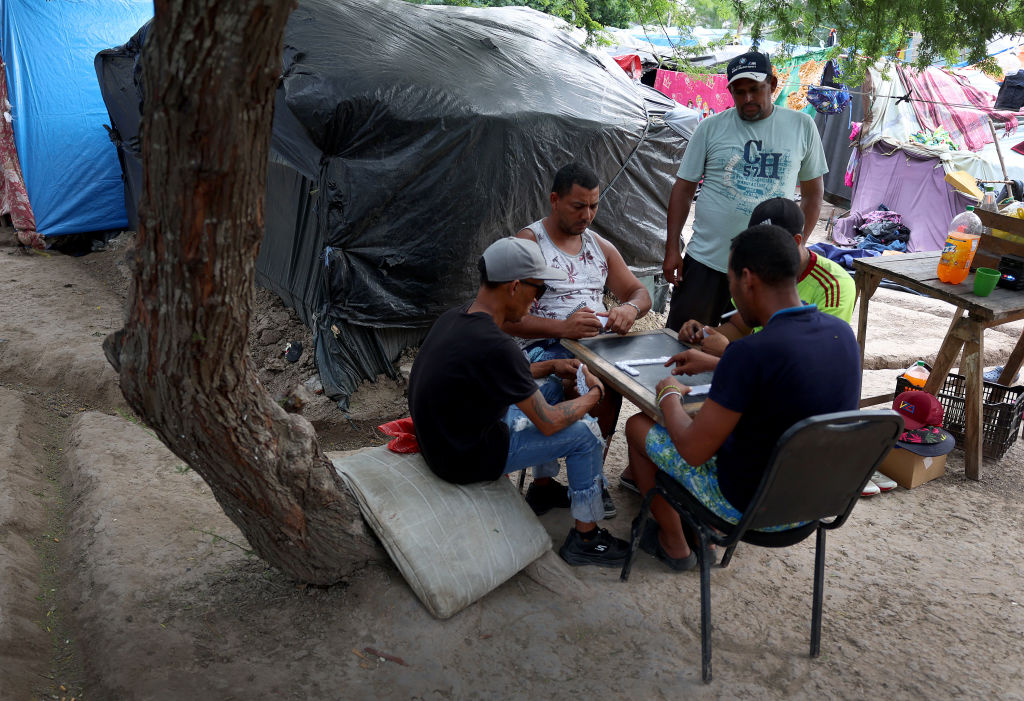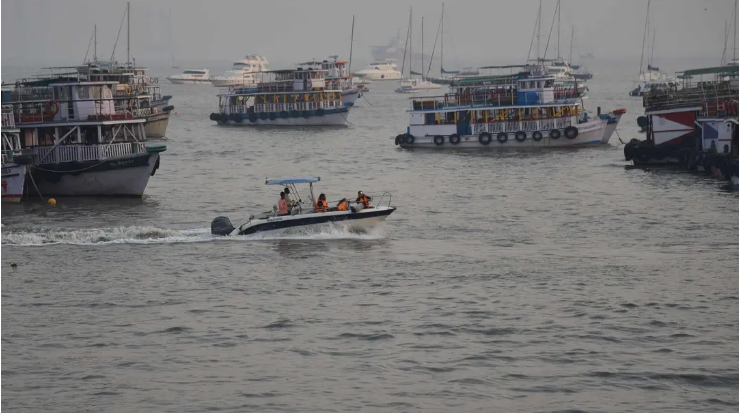In Talks, Cuba Blames US Sanctions for Migrant Exodus
US and Cuban officials held a second round of talks in Havana on Tuesday over the record flood of Cubans fleeing the island's economic crisis. The discussions were an effort to understand how best to stop the exodus of Cubans to the US....

Facts
- US and Cuban officials held a second round of talks in Havana on Tuesday over the record flood of Cubans fleeing the island's economic crisis. The discussions were an effort to understand how best to stop the exodus of Cubans to the US.1
- The two countries have increased legal pathways to migration for Cubans, including visa access in Havana, family reunification, and humanitarian parole programs. However, Cuba argues the problem won't go away as long as the US maintains sanctions that are weighing down the island’s economy.2
- The US says sanctions are necessary to promote human rights and fundamental liberties in Cuba. Still, it makes exceptions for humanitarian reasons.1
- Last year, more than 313K Cubans arrived by land in the US and several thousand more arrived by sea; most were returned. US representation on the island issued an additional 20K non-immigrant visas and, so far this year, 52K Cubans have received permission to enter the US legally.3
- The number of migrants from several Latin American nations, including Cuba, that have entered the US has surged in recent weeks, overwhelming US processing facilities and prompting delays in trade.2
- Despite decades of worldwide condemnation of US sanctions, the Biden administration has not indicated it intends to change US sanctions policy toward Cuba.4
Sources: 1Reuters, 2Denver Gazette, 3On Cuba News English and 4The Press United.
Narratives
- Establishment-critical narrative, as provided by Reuters. As long as Washington insists on enforcing the sanctions and its decades-old trade embargo, there's no end in sight for Cuba's worst economic crisis in decades. Cubans are leaving the island in record numbers for better opportunities abroad, mainly in the US, and even a vote by the UN General Assembly calling on the US to end the embargo doesn't seem to be making a difference in stubborn US policy.
- Pro-establishment narrative, as provided by Associated Press. In fact, communication between Washington and Havana countries seems like the best path forward, and discussions have already led to the expansion of safe and regular pathways to the US. More must be done to avoid having Cubans deal with the dangers of crossing through Mexico on foot, but building on improved bilateral relations under America's initiative will go a long way to easing migration issues.






